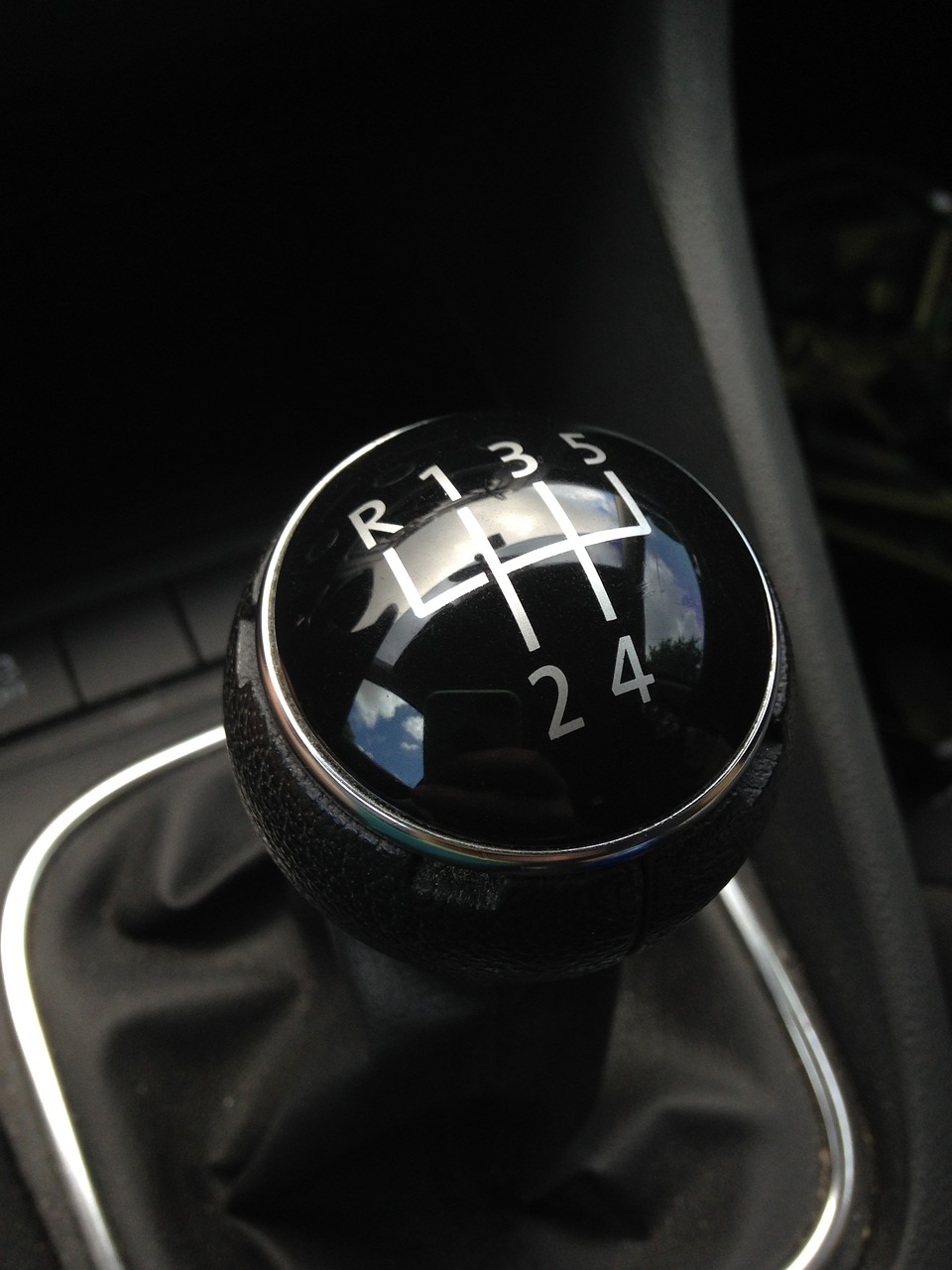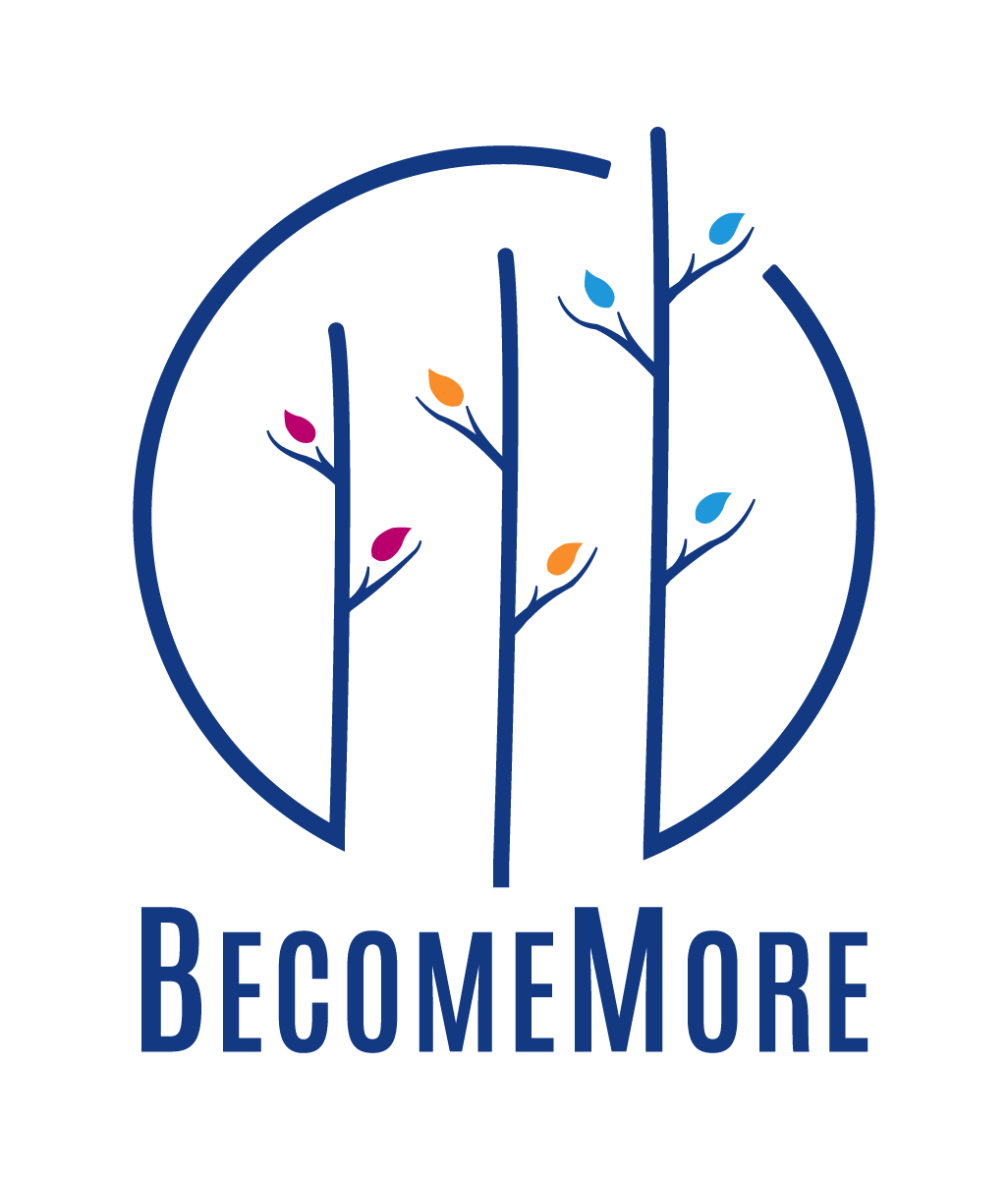1 min read
When Your Job is Like Learning to Drive a Stick Shift
Karman Hotchkiss
:
5/26/23 12:30 PM

My coworker Jenn Peterson describes learning her new job like this: “It’s like learning to drive a stick shift. Figuring out when to put on the gas, when to put on the brakes, and how to balance it all so you keep moving at exactly the right speed.”
I love that comparison to learning a new task. Because beyond understanding the technical, step-by-step aspects of a new process, developing true expertise relies on fine-tuning the (sometimes contradictory) details.
My husband and his boss call this “feel.” The best estimators they work with in their remodeling business have “feel” for the numbers. Yes, they can list the materials and write down prices and tally up the total. But the really good estimators can look at the total and know instinctively whether that’s a good match for the project—or not. Sometimes their gut tells them something is off and they need to adjust, even if technically it should be right.
You probably have that “feel” for certain aspects of your job. Maybe it’s knowing when to push a client and when to let them ruminate. Maybe it’s knowing just how much detail to go into on a grant application—enough to be compelling but not so much as to be overwhelming.
In his book “Blink: The Power of Thinking Without Thinking,” Malcolm Gladwell talks about this expertise. Knowing your subject matter so well that your gut gives you an answer before your brain can catch up. He discusses when these kinds of snap judgements work for us, and when they work against us.
Your Predictive Index profile might offer a clue about how you personally make decisions. Does your “E” factor appear on the high/righthand side? In most cases you probably weigh evidence carefully before making a decision. If your “E” factor appears on the low/lefthand side, you probably make gut decisions more often.
The point isn’t that one type of decision-making is better or worse than another. The key is learning how to develop “feel” for your job and knowing when to trust your gut. Some people might call this wisdom. Because doing your job well is more than checking off a list of tasks. It’s learning to orchestrate doing the right things at the right times to get you smoothly where you’re going.

